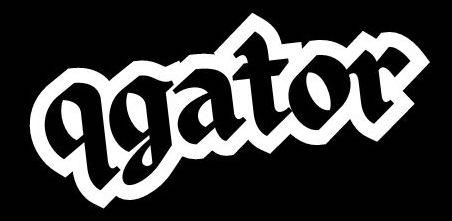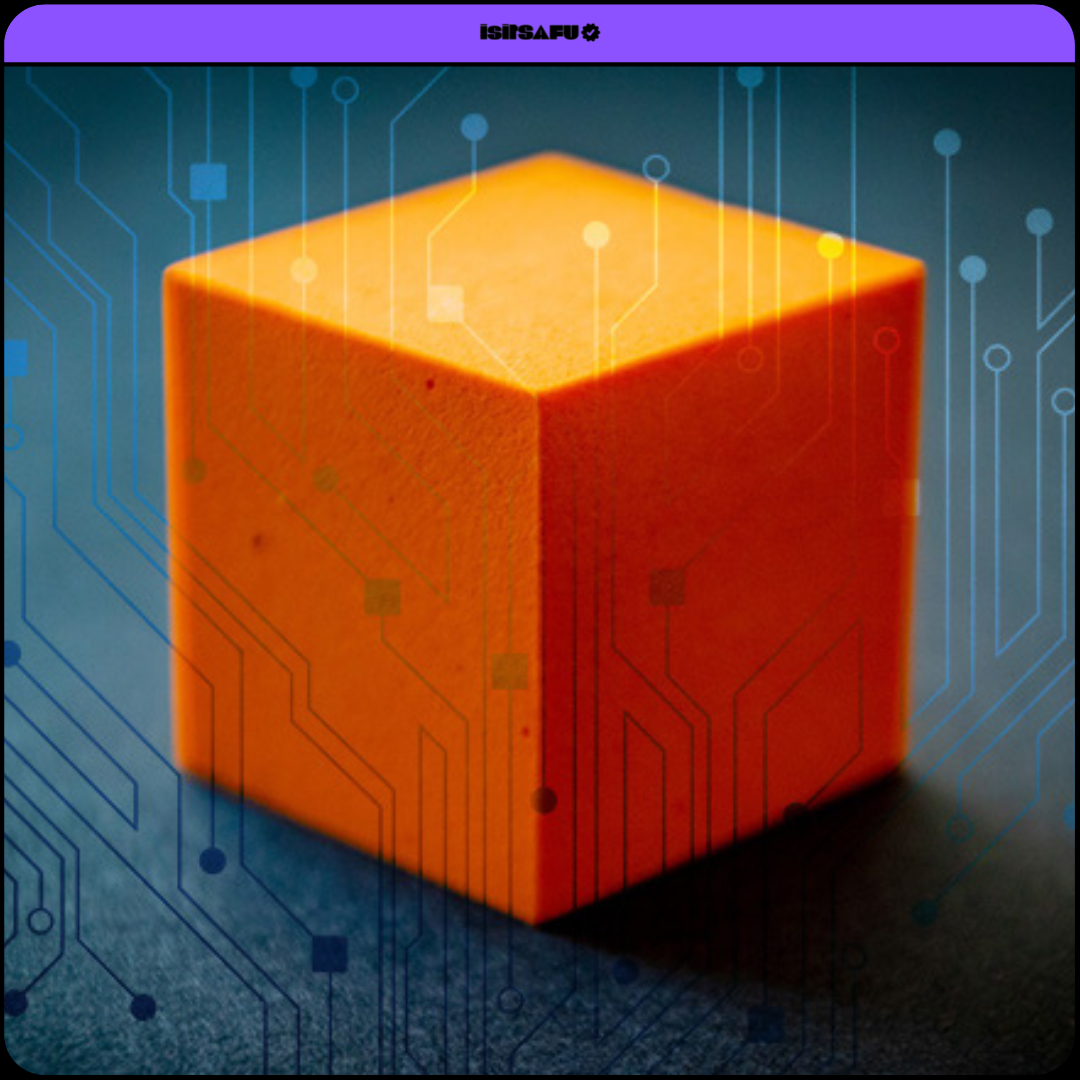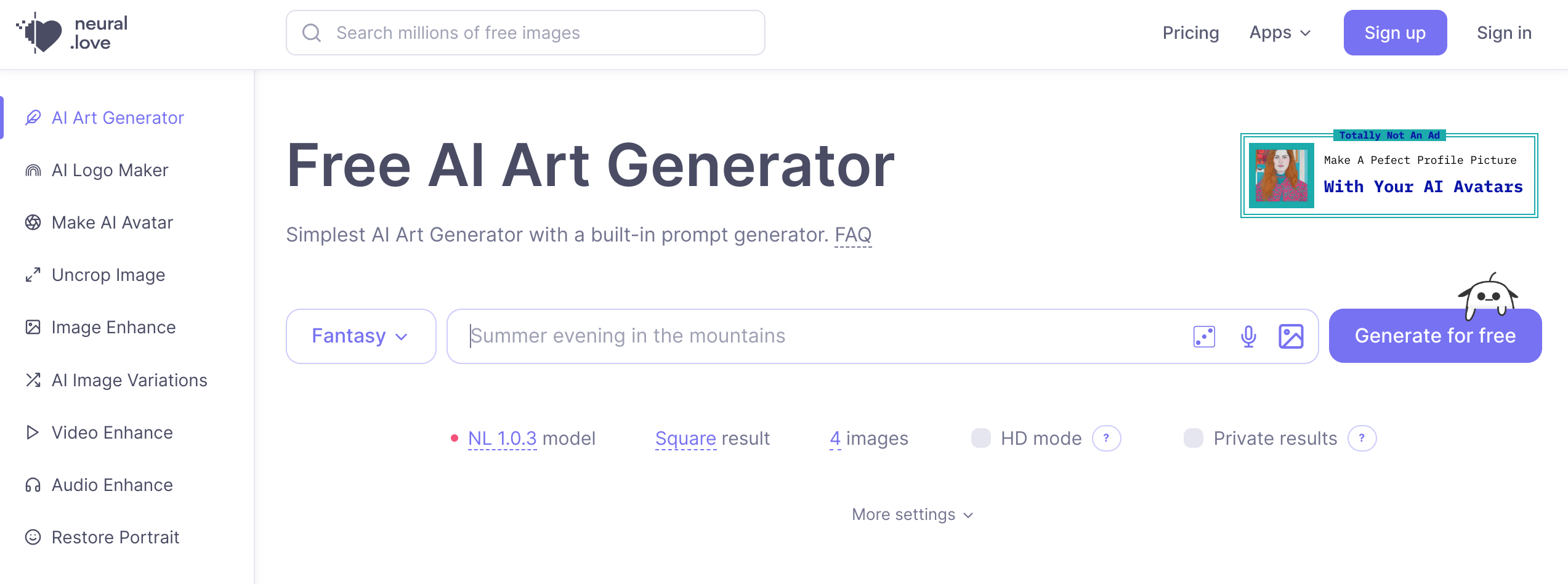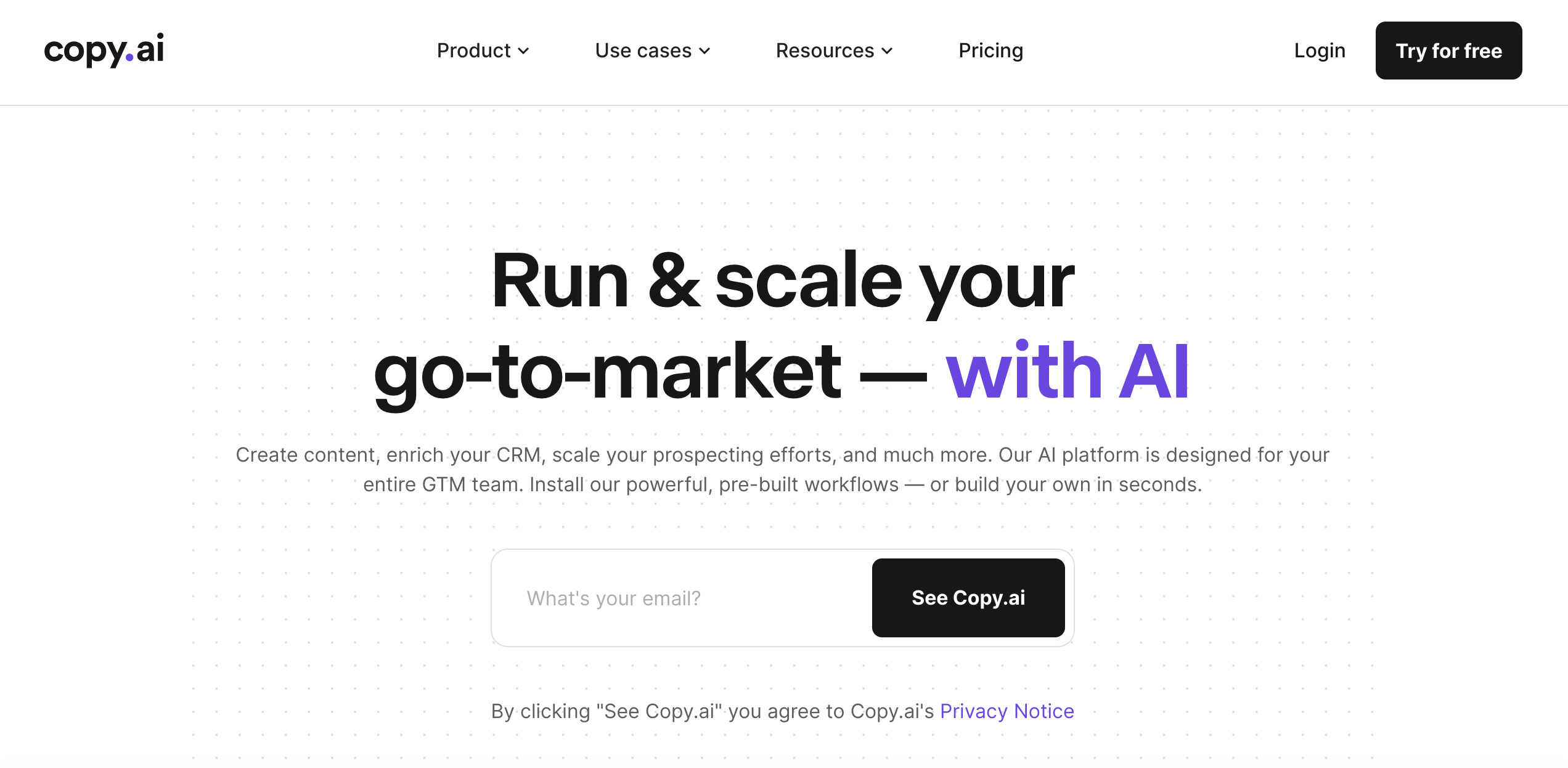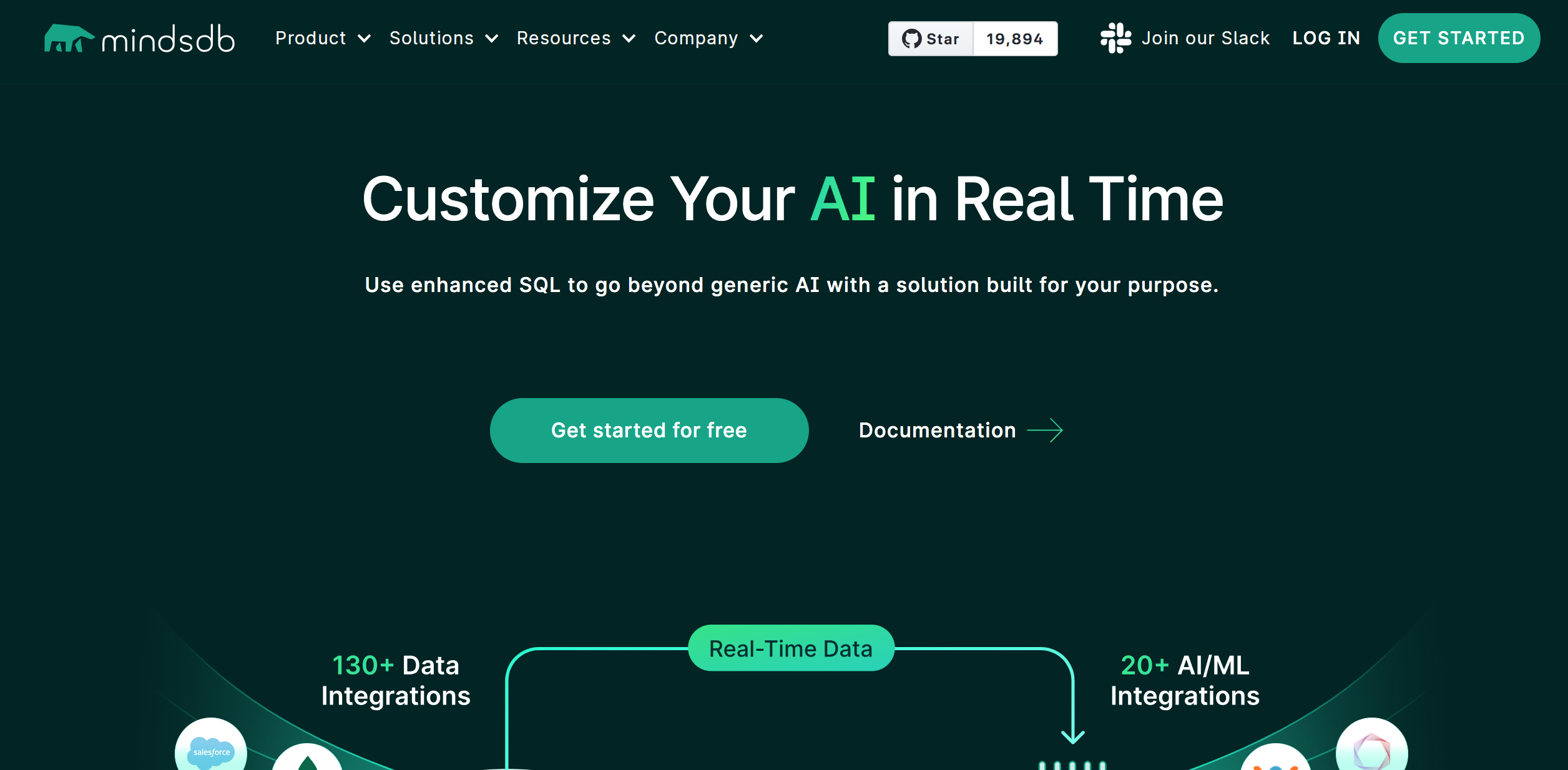I. Introduction
Blockchain technology has gained widespread attention for its role in cryptocurrencies such as Bitcoin and Ethereum. However, the potential uses of blockchain technology extend far beyond cryptocurrencies. Blockchain technology has the potential to transform various industries by providing a secure, transparent, and decentralized way to store and share data.
II. What is Blockchain Technology?
Blockchain technology is a decentralized digital ledger that records transactions in a secure and transparent way. Every transaction is verified by a network of users, and once added to the blockchain, it cannot be altered or deleted. Each block in the chain is linked to the previous block, creating a permanent and transparent record of all transactions.
III. Advantages of Blockchain Technology
The advantages of blockchain technology include:
- Decentralization: Blockchain technology is decentralized, meaning that there is no single authority controlling the ledger. This can help eliminate the risk of fraud and reduce the need for intermediaries.
- Transparency: Blockchain technology provides a transparent way to track transactions, ensuring that every transaction is recorded on the ledger. This can help reduce the risk of fraud and increase trust in the system.
- Security: Blockchain technology uses cryptographic algorithms to ensure the security of transactions. Each transaction is verified by the network, ensuring that it is valid before being added to the ledger. Once a transaction is added, it cannot be altered or deleted.
- Efficiency: Blockchain technology can help increase efficiency by providing a faster and more secure way to conduct transactions. It can also help reduce costs by eliminating the need for intermediaries.
IV. Potential Uses of Blockchain Technology
A. Voting Systems
Blockchain technology can be used to create secure and transparent voting systems. By using blockchain technology, voting systems can be decentralized, reducing the risk of fraud and ensuring that every vote is counted accurately. Blockchain voting systems can also increase transparency, allowing voters to verify that their vote was recorded correctly.
B. Supply Chain Management
Supply chain management involves the movement of goods and services from suppliers to customers. Blockchain technology can provide transparency and traceability throughout the supply chain, ensuring that products are authentic and free from counterfeit. This can help reduce the risk of fraud and increase efficiency in the supply chain.
C. Identity Management
Blockchain technology can be used to create secure and decentralized identity management systems. By using blockchain technology, identity management systems can be more secure and resistant to fraud. Blockchain identity management systems can also be more efficient, allowing users to control their own data and reducing the need for intermediaries.
D. Land Registry
Blockchain technology can be used to create secure and transparent land registry systems. By using blockchain technology, land registry systems can be decentralized, reducing the risk of fraud and ensuring that every transaction is recorded accurately. Blockchain land registry systems can also increase transparency, allowing users to verify the ownership and history of a property.
V. Challenges and Limitations of Blockchain Technology
Despite the many advantages of blockchain technology, it still faces challenges and limitations. One of the biggest challenges is scalability, as the current blockchain infrastructure can only handle a limited number of transactions per second. There is also a lack of standardization, which can make it difficult to integrate different blockchain systems.
VI. Conclusion
Blockchain technology has the potential to transform various industries by providing a secure, transparent, and decentralized way to store and share data. The potential uses of blockchain technology extend far beyond cryptocurrencies, with potential applications in voting systems, supply chain management, identity management, land registry, and many other areas. While blockchain technology still faces challenges and limitations, the innovation and collaboration within the industry are continuously working to address these issues.
In conclusion, the potential uses of blockchain technology beyond cryptocurrencies are vast and diverse. From voting systems to supply chain management, identity management to land registry, blockchain technology has the potential to transform the way we store and share data. While challenges and limitations still exist, the continued innovation and collaboration within the industry will help to overcome these obstacles and unlock the full potential of blockchain technology.
